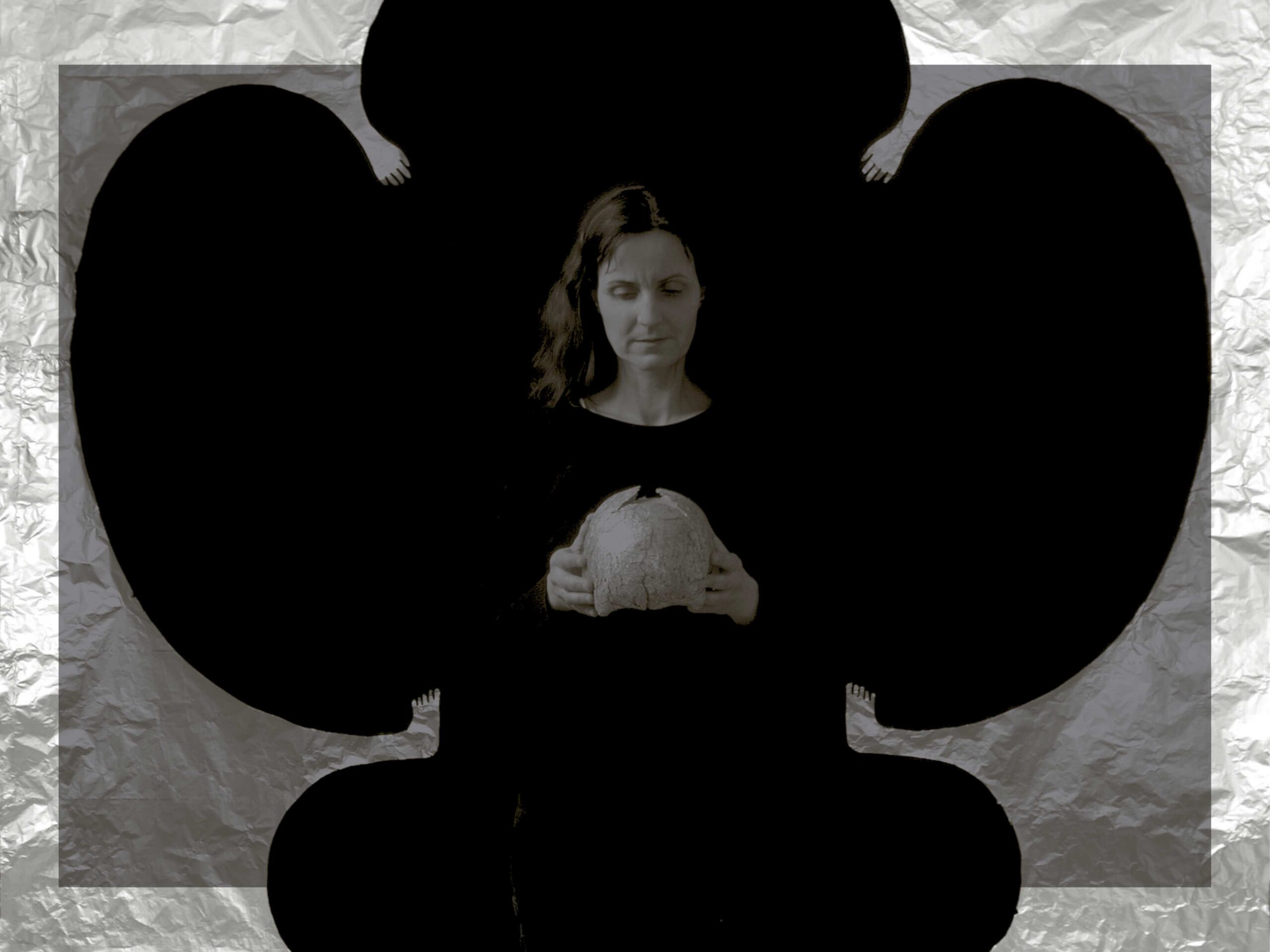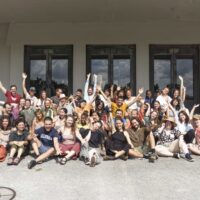A comment by Franz Lohri on Jens Heisterkamp’s article “Reincarnation and Karma as a Developmental Idea” in Das Goetheanum1 and the response by Wolfgang Held.
Why Just an Idea?
Jens Heisterkamp’s essay focuses on a fact that is one of the most central and far-reaching insights of anthroposophy. Unfortunately, this fact is reduced from a reality to an idea in the title and then repeatedly in the text. In the editorial [for this issue], editor-in-chief Wolfgang Held raises the question, “Why is there so little talk of karma and reincarnation in anthroposophical life?” and here too, he explicitly reduces their reality and effectiveness to an idea, twice. So, an indication is given here of a fundamental truth that is to be carried by anthroposophy into the life of contemporary consciousness as an ideal, a hypothetical, so to speak, rather than as something spiritually real and experiential. Here’s a question: would Rudolf Steiner, in the last year of his life, have addressed his anthroposophical friends on behalf of future humanity, with more than eighty lectures on karmic connections, if “karma and reincarnation” would have been merely an idea and not something pertaining to fundamental underlying facts? Perhaps, therein lies the answer to the editor-in-chief’s question: because we, the anthroposophical movement, and its spokespeople in the media that represent it—a hundred years after the secrets of karma and reincarnation have been deciphered—are still comfortable with holding ideas in place of facts, instead of vice-versa? Goethe sends his greetings to Schiller! When the essay concludes that “nothing is as effective in overcoming materialism as the idea of reincarnation and karma,” one would have to agree with this if, for example, “existence” or “fact” were used instead of “idea.” This would also show that we do not succumb or pay homage to the materialism that is to be overcome.
Response from Wolfgang Held, Editor:
Let’s Create a Field of Learning!
How does one talk about Rudolf Steiner’s observations, insights, and convictions? This question is a recurring theme in the circle of anthroposophical media professionals. Finding clarity here seems to me to be important for the credibility and public acceptance of anthroposophy. I am therefore very grateful to Franz Lohri for his comment. Anthroposophy is in a uniquely good starting position: with 1,200 schools, 10,000 farms, and thousands of therapeutic centers, there is a wealth of experience in how anthroposophical ideas prove their worth and lead to new insights. We still don’t talk enough about this.
In dealing with Rudolf Steiner’s words, I see two poles that are not very fruitful. Georg Glöckler, former leader of the Section for Mathematics and Astronomy at the Goetheanum, described one extreme, with a wink: “We know from Rudolf Steiner that the change of teeth occurs at the age of seven.” It’s a case of a fact that can be measured and observed, where Rudolf Steiner’s words are taken as if they weighed more heavily than what can be seen directly. Here, in my opinion, we are not taking our own sensory and cognitive organs seriously enough.
I see the other pole when we pass on Rudolf Steiner’s observations and insights that are not accessible to everyday consciousness as truths, as representing facts that are valid for everyone. We thereby give the impression that we, ourselves, have this spiritual vision and are now speaking about the results of such vision. When one has experienced reincarnation and karma as inwardly evident, then, as Franz Lohri describes, this idea has become a conviction—the plausible has become true. As reincarnation and karma are a truth when in conversation with myself, so are they an idea when in dialog with others because, in this situation, I now want to respect the other’s space of experience and knowledge. To speak of an idea seems to me more inviting. The self-confidence that Franz Lohri called for, in my opinion, lies less in the claim to truth and more in the striving for knowledge. When we share our experiences and feelings about the idea of repeated earth lives, with the thought of karma, we form a learning field, and then this anthroposophical core concept will be convincing because the experience and insight into this mysterious game of life grows in many, and the concept becomes living and, thereby, convincing.
Translation Joshua Kelberman
Image (edited) Jochen Breme. Behütung Installation, sculptural objects, photographs. Gallery “Kunst 77,” Bonn 2006. Studio and exhibition images: Bernd Zöller.
Footnotes
- Original article: Jens Heisterkamp, “Reincarnation and Karma as a Developmental Idea,” Das Goetheanum Weekly, Feb. 22, 2024.





